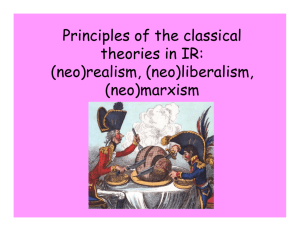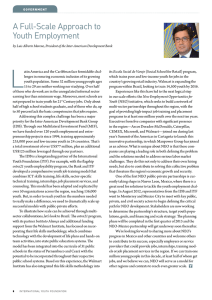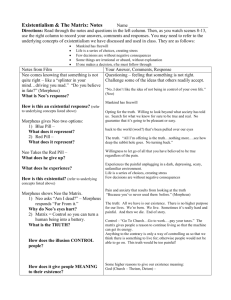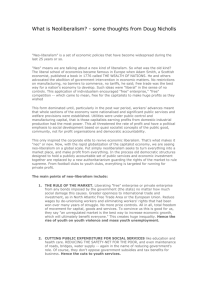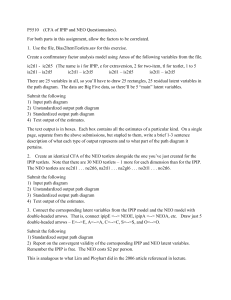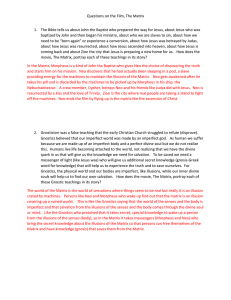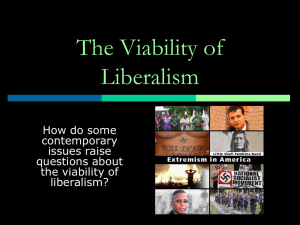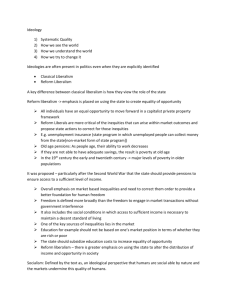ISS-4212 Contemporary Capitalism and Governance
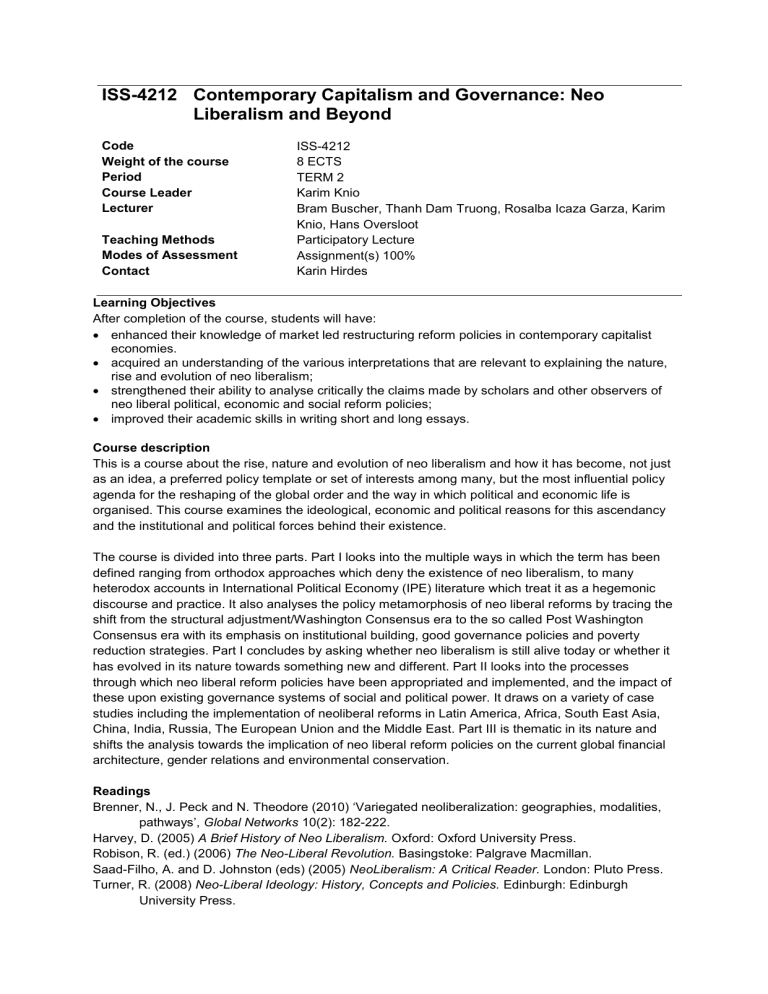
ISS-4212 Contemporary Capitalism and Governance: Neo
Liberalism and Beyond
Code
Weight of the course
Period
Course Leader
Lecturer
ISS-4212
8 ECTS
TERM 2
Karim Knio
Bram Buscher, Thanh Dam Truong, Rosalba Icaza Garza, Karim
Teaching Methods
Modes of Assessment
Contact
Knio, Hans Oversloot
Participatory Lecture
Assignment(s) 100%
Karin Hirdes
Learning Objectives
After completion of the course, students will have:
enhanced their knowledge of market led restructuring reform policies in contemporary capitalist economies.
acquired an understanding of the various interpretations that are relevant to explaining the nature, rise and evolution of neo liberalism;
strengthened their ability to analyse critically the claims made by scholars and other observers of neo liberal political, economic and social reform policies;
improved their academic skills in writing short and long essays.
Course description
This is a course about the rise, nature and evolution of neo liberalism and how it has become, not just as an idea, a preferred policy template or set of interests among many, but the most influential policy agenda for the reshaping of the global order and the way in which political and economic life is organised. This course examines the ideological, economic and political reasons for this ascendancy and the institutional and political forces behind their existence.
The course is divided into three parts. Part I looks into the multiple ways in which the term has been defined ranging from orthodox approaches which deny the existence of neo liberalism, to many heterodox accounts in International Political Economy (IPE) literature which treat it as a hegemonic discourse and practice. It also analyses the policy metamorphosis of neo liberal reforms by tracing the shift from the structural adjustment/Washington Consensus era to the so called Post Washington
Consensus era with its emphasis on institutional building, good governance policies and poverty reduction strategies. Part I concludes by asking whether neo liberalism is still alive today or whether it has evolved in its nature towards something new and different. Part II looks into the processes through which neo liberal reform policies have been appropriated and implemented, and the impact of these upon existing governance systems of social and political power. It draws on a variety of case studies including the implementation of neoliberal reforms in Latin America, Africa, South East Asia,
China, India, Russia, The European Union and the Middle East. Part III is thematic in its nature and shifts the analysis towards the implication of neo liberal reform policies on the current global financial architecture, gender relations and environmental conservation.
Readings
Brenner, N., J. Peck and N. Theodore (2010) ‘Variegated neoliberalization: geographies, modalities, pathways’, Global Networks 10(2): 182-222.
Harvey, D. (2005) A Brief History of Neo Liberalism.
Oxford: Oxford University Press.
Robison, R. (ed.) (2006) The Neo-Liberal Revolution.
Basingstoke: Palgrave Macmillan.
Saad-Filho, A. and D. Johnston (eds) (2005) NeoLiberalism: A Critical Reader.
London: Pluto Press.
Turner, R. (2008) Neo-Liberal Ideology: History, Concepts and Policies.
Edinburgh: Edinburgh
University Press.
